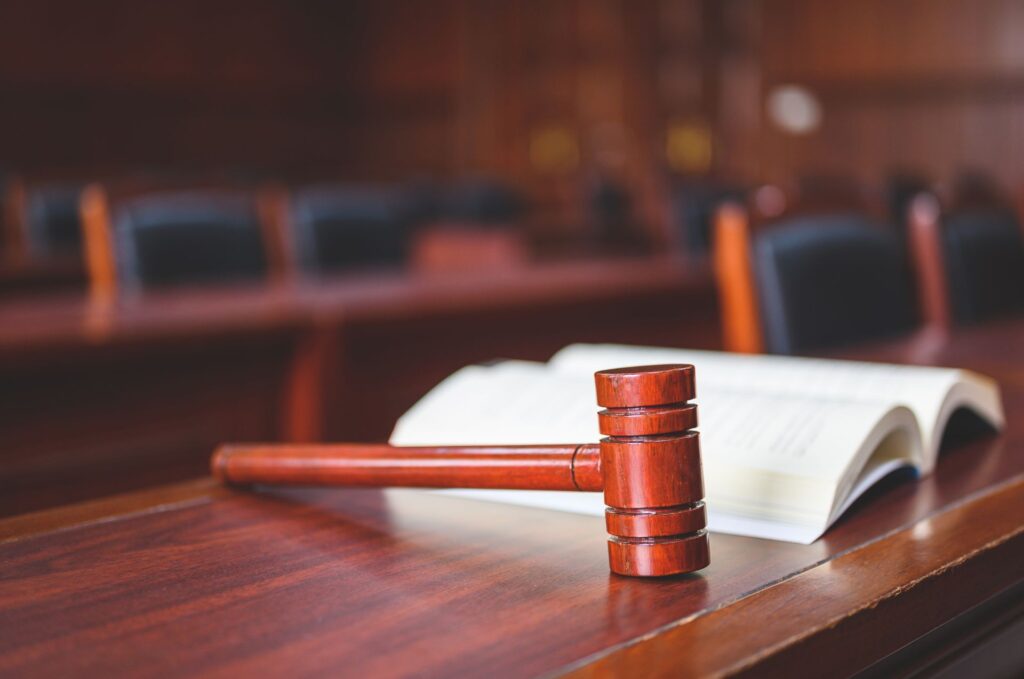
What is a Sentencing Indication?
Discover what a Sentencing Indication is and how it helps you understand potential sentences if you plead guilty.
Learn More
A Communication Assistant (CA) is a specialised professional appointed by the Court to facilitate effective communication and support participation in legal proceedings. Operating within various New Zealand Courts — including Family, Youth, Matariki, District, and High Courts — CAs serve as independent officers under section 80 of the Evidence Act 2006.
Our CAs are experienced Speech Language Therapists with expertise in communication development and intervention. They undergo specialised training and mentoring to excel in justice contexts.
As neutral officers of the Court, CAs are sworn in to ensure impartiality and reliability in their role.
Beyond legal settings, CAs extend their support to diverse environments where clear communication is essential. This includes collaborations with agencies such as Occupational Therapy, Corrections, and Health sectors.
CAs assist in adjusting communication methods to suit individual needs, fostering inclusivity in complex communication scenarios.
They provide plain language documentation to enhance understanding and ensure accessibility for all involved parties.
Originally rooted in court settings, the role of CAs is expanding to encompass various challenging communication contexts beyond legal domains. This evolution underscores their vital contribution to promoting effective communication across different sectors.
This video titled “Communication Assistance” discusses the role of communication assistants in New Zealand’s justice system. It highlights how these professionals support individuals with communication difficulties, ensuring they can understand and participate effectively in court proceedings. The video explains the importance of this role in facilitating fair trials and access to justice for all participants, including vulnerable defendants and witnesses.
Watch video Download Resource